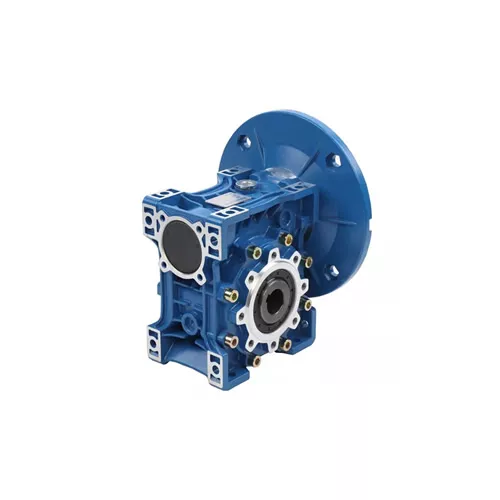Mobile:+86-311-808-126-83
Email:info@ydcastings.com
Protection Solutions for Hydraulic Hoses with Durable End Caps to Ensure Long-lasting Performance
The Importance of Hydraulic Hose End Caps in Hydraulic Systems
Hydraulic systems are integral to various industries, including manufacturing, construction, and automotive. They rely on fluid mechanics to transfer power and perform numerous tasks, from lifting heavy loads to precision machining. One of the vital components of these systems is the hydraulic hose, which transports hydraulic fluid under high pressure. To ensure the optimal functionality and longevity of hydraulic hoses, the use of end caps is essential.
Hydraulic hose end caps are protective covers designed to seal the ends of hoses when they are not in use. This seemingly simple component plays a crucial role in maintaining the efficiency and safety of hydraulic systems. Understanding their function and benefits can significantly enhance the management and maintenance of hydraulic equipment.
Protection from Contaminants
One of the primary purposes of hydraulic hose end caps is to protect the internal components of the hoses from environmental contaminants. Dirt, dust, and moisture can enter the hose through open ends, leading to potential blockages and corrosion. Contaminated hydraulic fluid can cause serious problems, including decreased performance, increased wear, and even complete system failure. By using end caps, system operators can keep the hose ends sealed, thereby preventing any foreign particles from entering the hydraulic system.
Preventing Leaks and Spills
Hydraulic fluid is often stored under high pressure, and any leaks can pose significant safety hazards. Hydraulic hose end caps help prevent accidental spills by securely closing off the hose ends. This is especially important during transport or storage of equipment. A well-sealed hydraulic hose minimizes the risk of fluid leakage, protecting both personnel and the environment from potential hazards.
Enhancing Safety
hydraulic hose end caps

Safety is a top priority in any industrial setting. Hydraulic hoses under pressure can be dangerous if not properly managed. End caps reduce the risk of accidents by preventing accidental discharge or damage to the hoses. They also serve as a visible indication that the hose is not currently in use, alerting workers to exercise caution around equipment. By adding an extra layer of security, end caps contribute to a safer work environment.
Ease of Maintenance
Regular maintenance is crucial for the longevity of any hydraulic system. Hydraulic hose end caps simplify maintenance routines by protecting hoses during servicing. When hoses are capped, workers can focus on their tasks without worrying about contamination or damage. Additionally, end caps can be used during inspection and replacement of hoses, helping to maintain cleanliness and prolong the lifespan of equipment.
Versatility and Compatibility
Hydraulic hose end caps come in various sizes and materials, making them versatile for different applications. They can be made from rubber, plastic, or metal, depending on the specific requirements of the hydraulic system. Furthermore, they are available to fit a wide range of hose diameters and types, ensuring compatibility with almost any hydraulic setup. This versatility means that operators can find suitable end caps for their unique needs, enhancing the overall functionality of their hydraulic systems.
Conclusion
In summary, hydraulic hose end caps are fundamental components that contribute significantly to the reliability and efficiency of hydraulic systems. By providing protection from contaminants, preventing leaks, enhancing safety, assisting with maintenance, and offering versatility, these end caps play an essential role in the overall functioning of hydraulic machinery. Investing in quality end caps is a small but impactful decision that can lead to reduced downtime and increased productivity in hydraulic operations. As industries continue to rely on hydraulic systems, the importance of every component, including end caps, cannot be overstated.
-
Why Is Choosing the Right Motor Housing Critical for Engine Performance?NewsJul.18,2025
-
Which Impeller Types Best Optimize Your Pump’s Efficiency?NewsJul.18,2025
-
Optimize Maintenance Efficiency with Durable Oil Catch SolutionsNewsJul.18,2025
-
Maximize Pump Performance with Precision-Engineered ComponentsNewsJul.18,2025
-
Elevate Industrial Flow Systems with Precision-Engineered ComponentsNewsJul.18,2025
-
Boost Durability and Functionality with Precision Power CastingsNewsJul.18,2025











